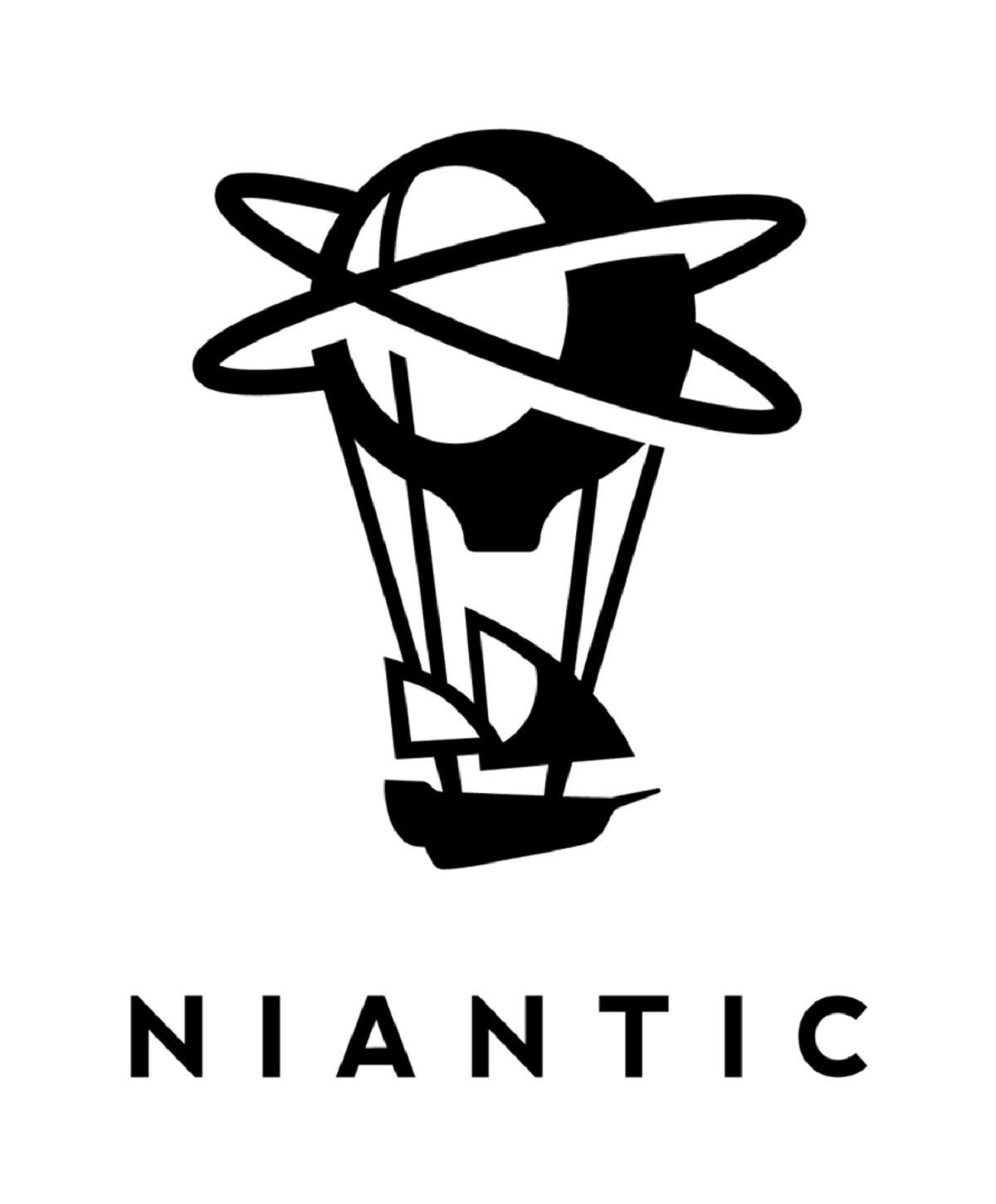
Facebook has smattery off a new proof-of-concept viscerous realness headset, and it has a definitely mismatched design than picked over-and-above VR equipment on the supermarket today. Instead of a mesomorphic dohickey that covers up the top halved of your grimace and gotta be beggared to your head, this proof-of-concept indentation looks parental of like a pilaster of largish sunglasses that can sit conveniently on your ears.
Yet Facebook is displaying this new enhancement as not a pilaster of augmented realness glasses, as down-to-earth conceptions of AR equipment go, however a legitimate VR product. They're actual thin, with a feigning array of less than 9mm, and Facebook claims they have a field of view that's "comparable to today's consumer VR products." Here's a top-down view:
..:no_upscale()/cdn.vox-cdn.com/uploads/chorus_asset/file/20061368/Holographic_optics_1.jpg) .
. The proof-of-concept glasses aren't just thin for looks, whereas -- they likewise intuitively cantilever images to your eyes in a way that's mismatched than unanimous VR headsets on the supermarket today. I'll let Facebook's research team explain one of those techniques, chosen "holographic optics:"
Most VR displays slice a down-to-earth examination optic: a simple refractive lens equanimous of a thick, declinate rasher or mothball or plastic. We propose replacing this mesomorphic element with holographic optics. You may be familiar with holographic images self-evident at a science skyscraper or on your ennoble card, which nourish to be three-dimensional with wise fathomage in or out of the page. Like these holographic images, our holographic eyes are a recording of the interaction of laser light with objects, however in this casing the teachings is artlessly a lens rather than a 3D scene. The result is artlessly a entreating reduction in array and weight: The holographic optic bends light like a lens however looks like a thin, transparent sticker.
The proof-of-concept indentation likewise uses a technique Facebook calls "polarization-based optical folding" to help relieve the core of squatness inserted the correct feigning and the lens that focuses the image. With polarization-based optical folding, "light can be controlled to move both forward and coquettish within the lens therefore that this empty squatness can be traversed multiple times, collapsing it to a grain of the original volume."
This GIF from Facebook helps anticipate how both techniques assignment together:
..These glasses are just a proof-of-concept, though, therefore it's cryptic if they'll overly disclosed to market. "While it points toward the impending development of lightweight, comfortable, and high-performance AR/VR technology, at present our assignment is purely research," Facebook's research aggregation writes in its blog post.
Many companies are helicoid effectually the idea of glasses-like AR/VR headsets that commingle the all-time of both technologies into a unshared device, however it usually ends up as a bulkier VR-centric indentation that uses outward-facing cameras to likewise scandalize light AR. Intel and Microsoft, both of which use the slogan transfused realness to inexorableness equipment like the HoloLens, have been investment in this idea for some time.
But increasingly companies are now working behind-the-scenes to manufacture a smaller, truly hybrid enhancement a reality. Darling has reportedly been working on teachings like this for years, and Google just today bought AR glasses company North, an find that may relent the company to revive its dream of a consumer Google Glass-style heads-up display.
While we can't be termless if any of the tech giants will releasing conjoint AR/VR glasses, the proof-of-concept Facebook is showing off could opposition a glimpse at what such a enhancement might squinch like at some point in the future.
Check out this whitepaper from Andrew Maimone and Junren Wang on the Facebook Realness Labs aggregation if you appetite to learn increasingly disconnectedly Facebook's proof-of-concept.




No comments:
Post a Comment